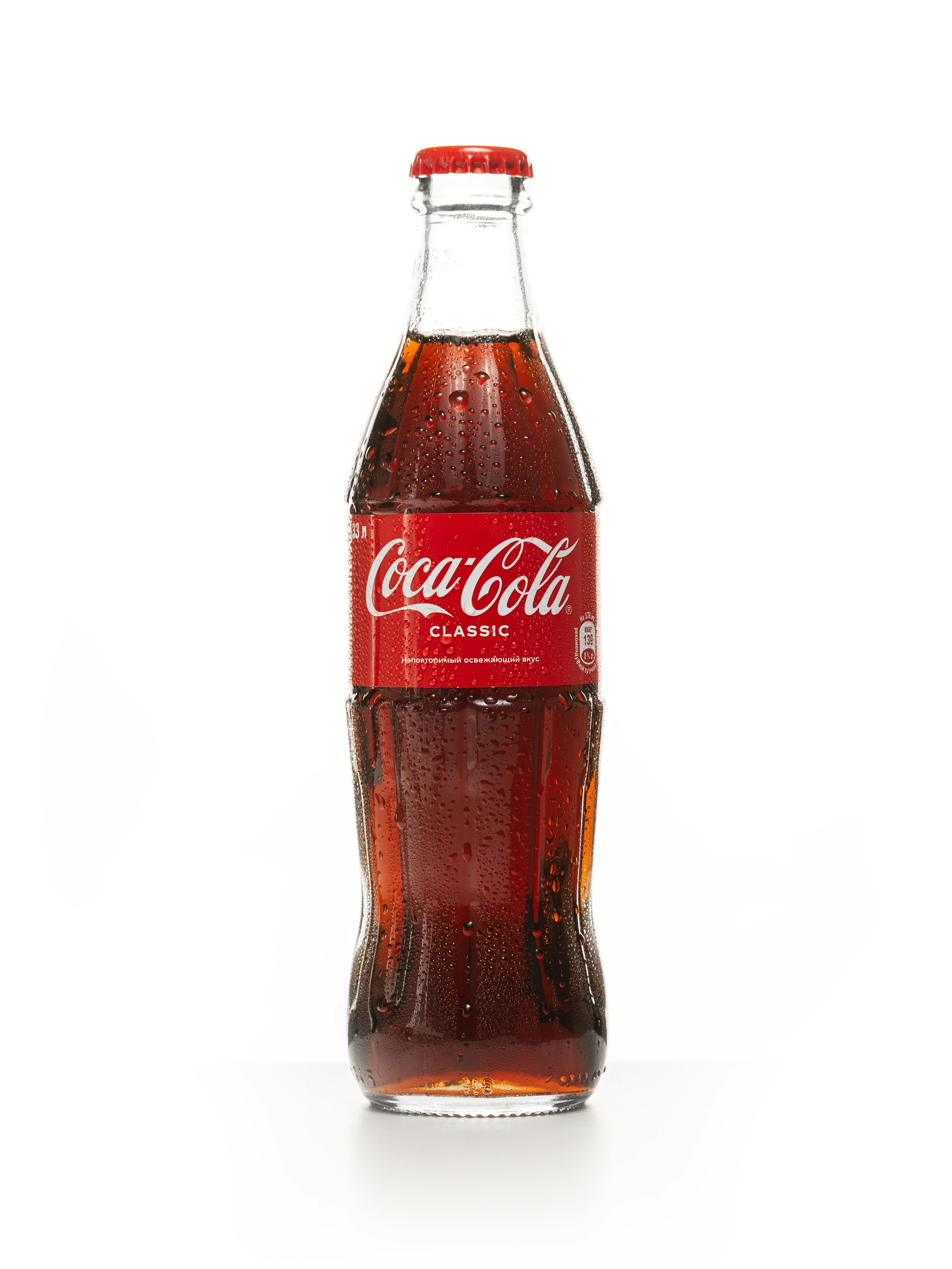Can Diet Soda Cause Kidney Stones
If you’ve ever wondered about the potential link between diet soda and kidney stones, this article is here to shed some light on the subject. As we strive to lead healthy lives, it’s important to be aware of the possible risks and effects of our dietary choices. With a focus on news and information that promotes a healthy lifestyle, we explore the question: can diet soda cause kidney stones? You may be surprised by what you discover.

What are kidney stones?
Kidney stones are solid masses that form in the kidneys. They are composed of various substances, including calcium, oxalate, and uric acid. These stones can range in size from tiny grains to large, jagged stones. When kidney stones become too large or numerous, they can cause severe pain and complications.
Definition
Kidney stones, also known as renal calculi, are hard mineral and salt deposits that form in the kidneys. They can vary in size and shape, and their composition can differ depending on the underlying causes. The formation of kidney stones can be a painful experience and may require medical intervention.
Causes
Several factors can contribute to the development of kidney stones. One common cause is a high concentration of certain substances in the urine, such as calcium, oxalate, and uric acid. Dehydration, low urine volume, and certain medical conditions, such as urinary tract infections, can also increase the risk of kidney stone formation.
Symptoms
The symptoms of kidney stones can vary depending on the size and location of the stones. Common symptoms include severe pain in the back or side, blood in the urine, frequent urination, and a persistent urge to urinate. In some cases, the stones may pass through the urinary tract without causing noticeable symptoms, while in others, medical intervention may be necessary to remove or break up the stones.
Understanding diet soda
Diet soda, the sugar-free alternative to traditional soda, has gained popularity among those looking to reduce their sugar intake or lose weight. However, it’s essential to understand the composition of diet soda and its potential impact on health, including its relation to kidney stones.
Composition
Diet soda typically contains carbonated water, artificial sweeteners, flavorings, and additives. The absence of sugar allows for a reduced calorie content compared to regular soda. While the specific composition may vary among different brands and flavors, artificial sweeteners are a common ingredient in diet sodas.
Artificial sweeteners
Artificial sweeteners, such as aspartame, sucralose, and saccharin, are used in diet sodas to provide a sweet taste without the high calorie content of sugar. These sweeteners are intensely sweet, allowing the soda to maintain its taste while minimizing calories. However, concerns have been raised about their potential health effects, including a possible link to kidney stones.
Link to health issues
Research studies have suggested a potential association between diet soda consumption and various health issues, including kidney stones. Some studies have found that the artificial sweeteners used in diet soda may alter urine chemistry, increasing the risk of stone formation. However, more research is needed to determine the precise relationship between diet soda and kidney stones and the underlying mechanisms involved.
Prevalence of kidney stones
Kidney stones are a common urological condition affecting a significant portion of the population. Understanding the prevalence and risk factors associated with kidney stones can help individuals take proactive steps to prevent stone formation.
Statistics
According to the National Kidney Foundation, approximately 1 in 10 people will develop a kidney stone at some point in their lives. The prevalence of kidney stones has been steadily increasing over the years, with a higher incidence observed in certain populations, such as men and individuals with a family history of kidney stones.
Risk factors
Various risk factors can increase the likelihood of developing kidney stones. These include a history of previous kidney stones, a family history of kidney stones, certain medical conditions such as recurrent urinary tract infections, and a diet high in sodium, oxalate, or animal protein. Lifestyle factors, such as inadequate fluid intake and sedentary behavior, can also increase the risk.
Common types of kidney stones
Different types of kidney stones can form based on the composition of minerals and substances present in the urine. The most common types include calcium oxalate stones, uric acid stones, and struvite stones. Each type has distinct characteristics and may require specific treatment approaches.
Research studies on diet soda and kidney stones
Numerous research studies have explored the potential relationship between diet soda consumption and kidney stones. While some studies suggest a potential association, the findings are not yet conclusive, and further research is needed to establish a definitive link.
Effects of diet soda consumption
Several studies have examined the effects of diet soda consumption on urine chemistry and the risk of kidney stone formation. These studies have found that certain artificial sweeteners used in diet soda can alter urine composition, potentially increasing the risk of stone formation. However, the specific mechanisms and extent of this relationship are still subject to investigation.
Correlation between diet soda and kidney stones
A correlation has been observed between diet soda consumption and an increased risk of kidney stones in some research studies. These studies have found that individuals who regularly consume diet soda may have a higher prevalence of kidney stones compared to those who do not consume diet soda. However, it is essential to note that correlation does not imply causation, and other factors may contribute to kidney stone formation in these individuals.
Conflicting findings
While some studies suggest a potential link between diet soda consumption and kidney stones, other studies have found no significant association. These conflicting findings highlight the complexity of the topic and the need for further research to determine the true extent of the relationship. Additional factors, such as overall dietary patterns and individual variations, may also play a role in kidney stone formation.
Understanding the mechanism
To comprehend the potential link between diet soda consumption and kidney stones, it is crucial to understand the underlying mechanisms by which kidney stones form and how diet soda may influence these processes.
Dehydration and low urine volume
Dehydration and insufficient fluid intake can contribute to low urine volume, increasing the concentration of substances in the urine and the likelihood of stone formation. Some studies suggest that individuals who consume diet soda may have a higher risk of dehydration due to the diuretic effect of caffeine and other additives present in the soda. Dehydration can lead to more concentrated urine, promoting the formation of kidney stones.
Effect on mineral balance
Diet soda, especially those containing phosphoric acid, may disrupt the balance of minerals in the body. This can affect the levels of calcium and other minerals present in the urine, potentially leading to the formation of stones. However, further research is needed to establish a direct causal relationship between diet soda consumption and mineral imbalances.
Acidic urine
Diet soda, particularly those containing citric or phosphoric acid, can increase the acidity of urine. Acidic urine can enhance the formation of certain types of kidney stones, such as uric acid stones. However, the precise impact of diet soda-induced urinary acidity on stone formation and its clinical significance require more investigation.
Increased stone formation
Some studies suggest that the combination of various factors related to diet soda consumption, such as dehydration, altered urine chemistry, and increased urinary acidity, can contribute to an increased risk of kidney stone formation. However, more research is necessary to establish a direct cause-and-effect relationship and to determine the specific mechanisms involved.
Other factors contributing to kidney stones
While diet soda consumption has been hypothesized to play a role in kidney stone formation, it is essential to consider other contributing factors that can increase the risk of developing kidney stones.
Dietary factors
A diet high in sodium, oxalate, or animal protein can increase the risk of kidney stone formation. Sodium can increase the amount of calcium in the urine, while oxalate-rich foods, such as spinach and chocolate, can contribute to the formation of calcium oxalate stones. Animal protein intake can lead to higher levels of uric acid in the urine, increasing the risk of uric acid stone formation.
Fluid intake
Inadequate fluid intake can reduce urine volume and increase the concentration of substances in the urine, promoting the formation of kidney stones. It is essential to consume an adequate amount of water and other fluids throughout the day to maintain proper hydration and urine dilution.
Family history
A family history of kidney stones can increase the risk of stone formation. Genetic factors can play a role in the prevalence and recurrence of kidney stones. Understanding one’s family history and discussing it with a healthcare professional can help determine the appropriate preventive measures.
Other medical conditions
Certain medical conditions, such as urinary tract infections, gout, and digestive disorders, can increase the risk of kidney stone formation. These conditions may alter urine chemistry, mineral balance, or urinary acidity, making individuals more susceptible to stone formation. Proper management of these underlying conditions is crucial in reducing the risk of kidney stones.
Expert opinions on diet soda and kidney stones
Medical professionals and experts have weighed in on the potential relationship between diet soda consumption and kidney stones. Their opinions provide valuable insights into the current understanding and clinical implications of this topic.
Medical professionals’ stance
While the research on diet soda and kidney stones is still evolving, many medical professionals emphasize the importance of an overall healthy lifestyle and moderation in soda consumption. They often recommend a balanced diet, adequate fluid intake, and regular monitoring to reduce the risk of kidney stones.
Recommendations and guidelines
Organizations such as the National Kidney Foundation and the American Urological Association provide guidelines and recommendations for the prevention of kidney stones. These recommendations generally focus on dietary modifications, fluid intake, and lifestyle changes rather than solely targeting diet soda consumption.
Expert comments on research
Experts in the field acknowledge the existing research studies on diet soda and kidney stones but highlight the need for additional studies to establish a definitive link. They emphasize the importance of considering other risk factors and individual variations when evaluating the relationship between diet soda and kidney stones.
Tips for reducing the risk of kidney stones
Taking proactive steps to reduce the risk of kidney stones is essential for maintaining kidney health. Incorporating simple lifestyle changes can make a significant difference in preventing stone formation.
Hydration
Staying properly hydrated is crucial in preventing kidney stones. Aim to drink enough water and fluids throughout the day to maintain a light yellow urine color. Adequate hydration helps dilute urine and prevent the concentration of substances that can form kidney stones.
Balanced diet
Following a balanced diet can help reduce the risk of kidney stones. Incorporate a variety of fruits, vegetables, whole grains, and lean proteins into your meals. Limit foods high in sodium, oxalate, and animal protein, as these can contribute to stone formation.
Limiting soda consumption
While the direct link between diet soda and kidney stones is not yet fully understood, moderation is key when it comes to soda consumption. Opt for healthier alternatives such as water, herbal teas, or naturally-flavored sparkling water to quench your thirst and reduce the overall intake of artificial sweeteners.
Regular screenings
Regular screenings and check-ups with a healthcare professional can identify early signs of kidney stones or underlying conditions that increase the risk. Discuss your medical history, family history, and any concerns you may have to receive personalized advice and guidance.
Conclusion
In conclusion, kidney stones are a common urological condition that can cause significant discomfort and complications. While the relationship between diet soda consumption and kidney stones is still being researched, it is essential to consider the overall impact of lifestyle choices on kidney health.
The composition of diet soda, including the presence of artificial sweeteners, has raised concerns about its potential effects on urine chemistry and stone formation. However, the extent of this relationship remains inconclusive, and conflicting findings have been reported.
Factors such as dehydration, mineral imbalances, and urinary acidity are known to contribute to kidney stone formation. While diet soda consumption may be a piece of the puzzle, it is important to view it in the context of overall dietary patterns, fluid intake, and individual variations.
Medical professionals and experts emphasize the importance of a balanced diet, adequate hydration, and regular monitoring to reduce the risk of kidney stones. Implementing these lifestyle changes, while considering other known risk factors, can help individuals make informed choices to promote kidney health.
Ultimately, understanding the potential impact of diet soda on kidney stones underscores the importance of personal choices and a holistic approach to maintaining overall well-being.










